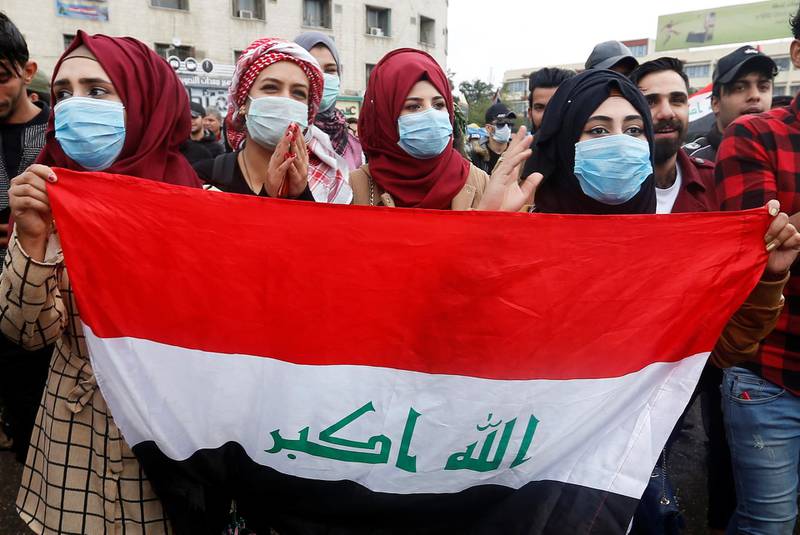

As a Middle Eastern woman, I often find myself engaging in conversations that discuss the evolvement of women’s rights in the Middle East and North Africa and the plethora of milestones we’ve reached as women.
Many leaders of the MENA countries have patted themselves on the back for implementing multi-million dollar projects aimed at promoting women’s empowerment in MENA (largely due to pressures from the international community). And while a large part of the region shifted in its ideological thinking after the 2011 Arab Spring uprisings—particularly amongst Arab youth—girls and women are still facing hardships as a consequence of societal norms and hegemonic masculinity.
Statistics over time have shown that the region continues to lack efforts in its female empowerment agenda:
- MENA is the region with the lowest rates of women in management positions worldwide
- Established societal structures substantially limit the access of women to political and economic life
- Men expect to control their wives’ personal freedoms, from what they wear and where they go to when the couple has sex. In a study conducted by UN Women, two-thirds to 90% of men reported exercising these various forms of control, with women affirming that their husbands sought to control them in these ways.
- Depression is the leading cause of illness for women in MENA.
- The Arab World is ranked last overall globally in the WEF Gender Gap Report.
Women have not reached their full, independently dignified potential in the region. Having lived in the Middle East for two years in my early 20’s after growing up in Germany and the Czech Republic my entire life, I felt that I had sufficient experience to objectively come to the conclusion that girls and women continue to be suppressed under the control of their fathers, husbands, brothers, and in many cases even, sons—thus, being far from liberated.
Women been fully liberated only when they are given the right to make decisions over their own body, are allowed to be publicly seen with the opposite gender without fear of reputational repercussion, and no longer need permission from others to pursue life the way they want to.
Women have been fully liberated in MENA only when we stop seeing them get tortured at the hands of their husbands. This is unfortunately the reality of hundreds of thousands of women in the region—from domestic violence to honor killings, as seen recently in the story of a young Iraqi woman, Malak Haider al-Zubaidi.
As the second wife of Mohammed al-Mayahli, Malak Haider al-Zubaidi had been forbidden to visit her parents for the last eight months. Her husband then lit her on fire to prevent her from going, burned her to death, and later taking to Facebook, wrote, “She burned herself with petrol and accused me and my family…There are sponsored accounts that are posting these lies just to slander my family.” Photos of Malak suffering from burn injuries all over her body at a Najaf hospital have caused outrage amongst human rights activists in the region.
But what becomes more and more abundantly clear about many countries in the MENA region, it’s that corruption and powerful men always prevail over justice.
Because Mohammed is the alleged son of a high-ranking colonel in the Iraqi army, seeking justice for Malak becomes nearly impossible.
Malak is not the only one. Earlier this year, a seven-year-old girl was raped by the bodyguards of a Kurdish political official in Erbil. While the Kurdistan Region was able to detain some of them, the father of the girl continues to receive death threats from individuals involved. Until today, there is still no update on whether the suspects are detained or not.
I cannot sit and celebrate the milestones MENA has reached when there are girls and women being oppressed every day, with no accountability taken or justice sought. The next time you find yourself in a conversation about development in the Middle East, bring up the story of Malak and the seven-year-old Kurdish girl. Because we have such a long way to go.
(Photo Credit: Reuters / The National)